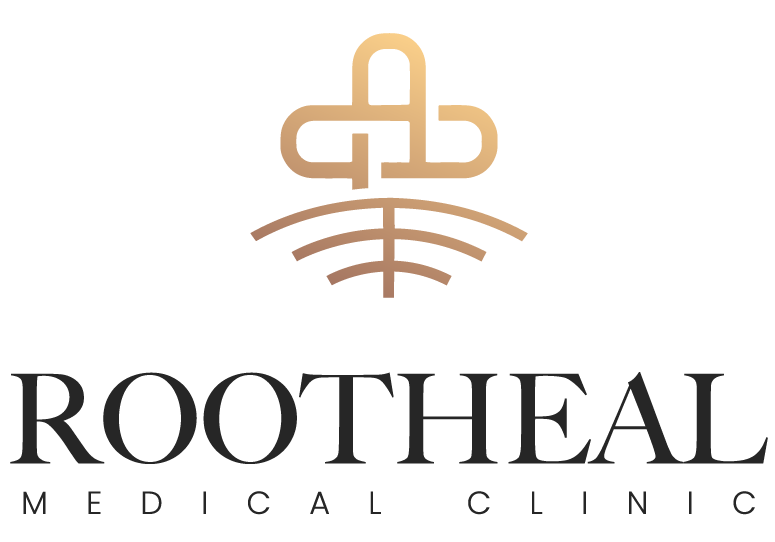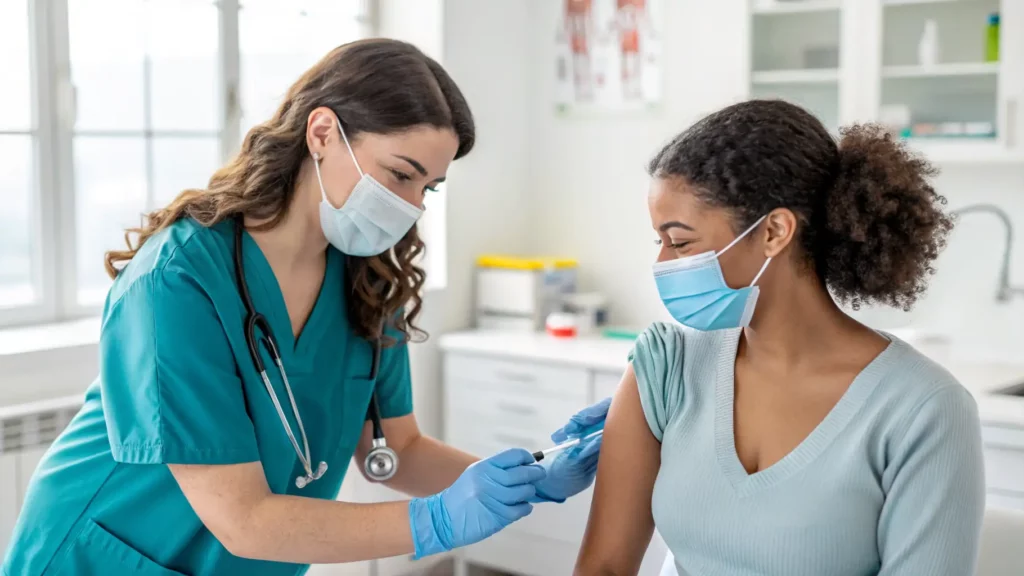The Importance of Vaccination: Protecting Yourself and Your Community
Vaccination is one of the most powerful and effective tools in modern medicine. It has saved millions of lives by preventing infectious diseases that were once deadly or disabling. Yet, despite overwhelming scientific evidence, some individuals remain unsure about the necessity and safety of vaccines. This blog aims to provide a clear understanding of why vaccinations matter for both individuals and the broader community.
How Vaccines Work
At Rootheal Medical Clinic, vaccines are always prepared for your immune system to recognize and fight specific viruses or bacteria. They often contain a weakened or inactivated part of a pathogen that triggers an immune response without causing illness. This response “trains” the body to recognize the real threat in the future and respond quickly to prevent serious illness.
Why Vaccination is Important
- Prevents Disease
Vaccines protect against life-threatening diseases such as measles, polio, influenza, hepatitis, pneumonia, and COVID-19. They significantly reduce the risk of infection and its complications. - Protects Vulnerable Populations
Not everyone can be vaccinated, such as infants, the elderly, or those with compromised immune systems. When a large portion of the population is vaccinated, it creates “herd immunity,” which helps protect those who cannot be vaccinated. - Reduces the Spread of Disease
Vaccinated individuals are less likely to spread contagious diseases, helping to control outbreaks and protect the wider community. - Prevents Long-Term Health Complications
Many vaccine-preventable diseases can lead to chronic health issues. For example, hepatitis B can cause liver cancer, and HPV can lead to cervical cancer. Vaccination reduces these long-term risks. - Saves Lives and Reduces Healthcare Costs
Vaccines are cost-effective and help reduce hospitalizations, long-term treatment needs, and medical expenses for individuals and health systems.
Common Types of Vaccines for Adults
- Influenza Vaccine – Annually recommended for all adults, especially the elderly and those in crowded settings
- Pneumococcal Vaccine – Helps prevent pneumonia and serious bloodstream infections; advised for seniors and those with chronic illnesses
- Hepatitis B Vaccine – Essential for those in high-risk occupations or environments such as F&B workers, barbers, and salon staff
- Typhoid & Tetanus Vaccines – Important for individuals in animal-related industries or outdoor occupations
- HPV Vaccine – Recommended for younger adults to prevent cervical and other related cancers
- COVID-19 Vaccine – Strongly recommended to reduce severe outcomes and community transmission
Is It Safe to Get Vaccinated When You’re Slightly Unwell?
For mild illnesses such as a cold or low-grade fever, it’s generally safe to receive a vaccine. However, for moderate or severe illnesses, it is advisable to delay vaccination until you have recovered. Always consult with your healthcare provider if unsure.
Final Thoughts
Vaccination is not just a personal health choice—it’s a social responsibility. By getting vaccinated, you protect yourself, your loved ones, and your community from preventable diseases. In a world where new health threats can emerge at any time, staying up to date with your vaccinations is one of the most effective ways to safeguard your future.
Make vaccinations a priority—because prevention is always better than cure.

